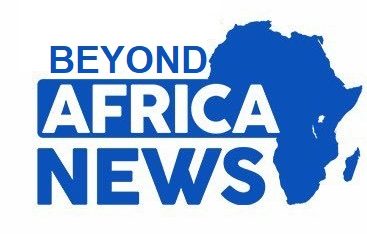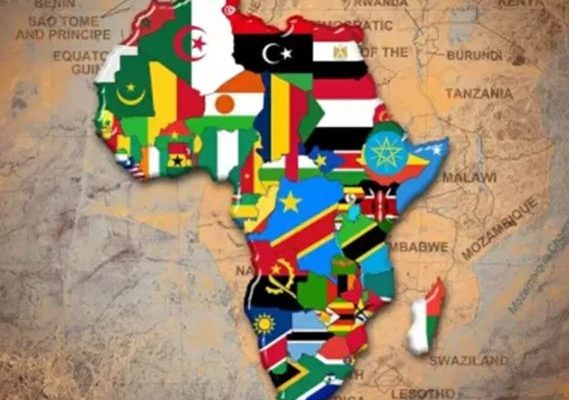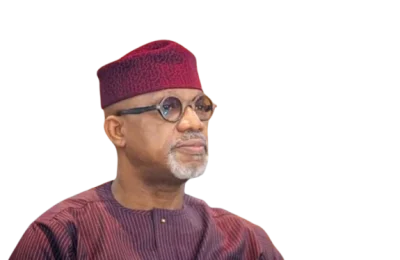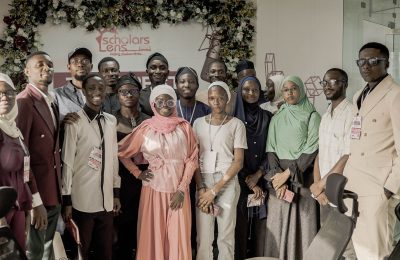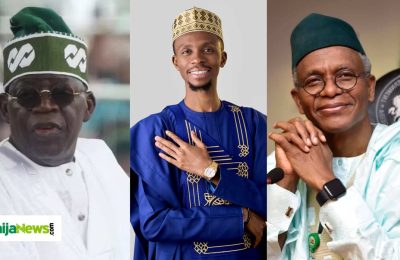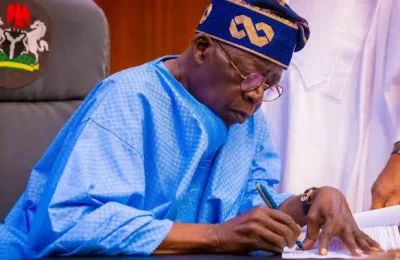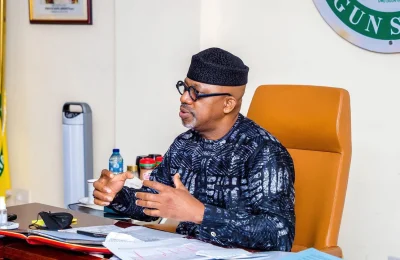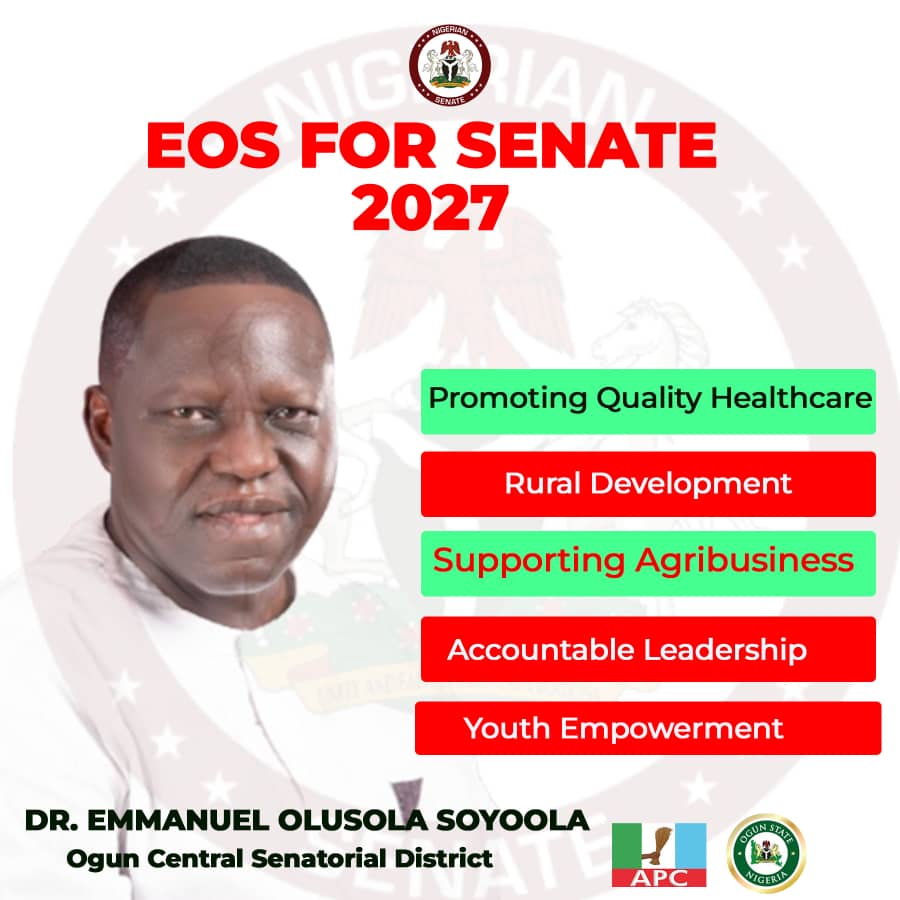
Names are an important part of who we are, and that is true for African countries with their names often reflecting history and culture.
Many African countries were once colonised by European powers, who named them during that time.
Some countries changed their names after they became independent, choosing something that felt more connected to their identity. But other countries decided to keep the names from the colonial era.
Here are five African countries that retained their colonial names:
Nigeria
The name Nigeria comes from the Niger River, which flows through the country. It was coined on January 8, 1897, by British journalist Flora Shaw. The neighbouring Republic of Niger also takes its name from the same river.
Nigeria gained partial self-governance in 1954 and full independence from the United Kingdom on October 1, 1960, as the Federation of Nigeria. Abubakar Tafawa Balewa became the country’s first Prime Minister, while Queen Elizabeth II remained the ceremonial head of state as Queen of Nigeria.
Mali
Mali came under French colonial rule in 1892. By 1893, the French had appointed a civilian governor for the territory, known as Soudan Français (French Sudan), but resistance to their rule persisted. By 1905, most of the region was firmly under French control.
French Sudan was managed as part of the Federation of French West Africa and provided labour for France’s coastal colonies. In 1958, the territory, now called the Sudanese Republic, gained complete internal autonomy and joined the French Community. In early 1959, the Sudanese Republic and Senegal formed the Federation of Mali. On March 31, 1960, France agreed to grant the Federation of Mali full independence. On June 20, 1960, the Federation of Mali became an independent nation, with Modibo Keïta as its first president.
Sierra Leone
Sierra Leone, a country in West Africa, got its name from 15th-century Portuguese explorer Pedro de Sintra, who was the first European to map Freetown harbor. The original Portuguese name “Serra Lyoa” (meaning “Lion Mountains”) referred to the hills surrounding the harbor. On April 27, 1961, Sierra Leone gained independence from British colonial rule. The Sierra Leone People’s Party (SLPP) won the general elections in 1962, with the All People’s Congress (APC) emerging as the primary opposition party.
Guinea
Guinea officially gained independence from France on October 2, 1958, after a referendum on the French Fifth Republic’s constitution on September 28 of that year. Ahmed Sékou Touré, a member of the Malinké ethnic group and a leftist leader, was appointed the first president by the Constituent Assembly.
The country is named after the Guinea region, which extends from the Gulf of Guinea into tropical forested areas and reaches the Sahel. The term “Guinea” comes from the Portuguese word “Guiné,” which emerged in the 15th century to describe lands inhabited by African people south of the Senegal River.
In 1978, Guinea’s official name changed to the People’s Revolutionary Republic of Guinea, and in 1984, after the death of Sékou Touré, the country was renamed the Republic of Guinea.
Cameroon
The area now known as Cameroon was originally called “Rio dos Camarões” (River of Prawns) by Portuguese explorers in the 15th century, due to the large number of shrimp they found in the Wouri River. This name evolved into “Cameroon” during British and French colonial rule. In 1884, the region became a German colony known as Kamerun.
After World War I, it was divided between France and the United Kingdom under League of Nations mandates, with France governing 4/5 of the territory and the UK administering the remaining 1/5.
Cameroon gained independence from France in 1960 and from the UK in 1961.
